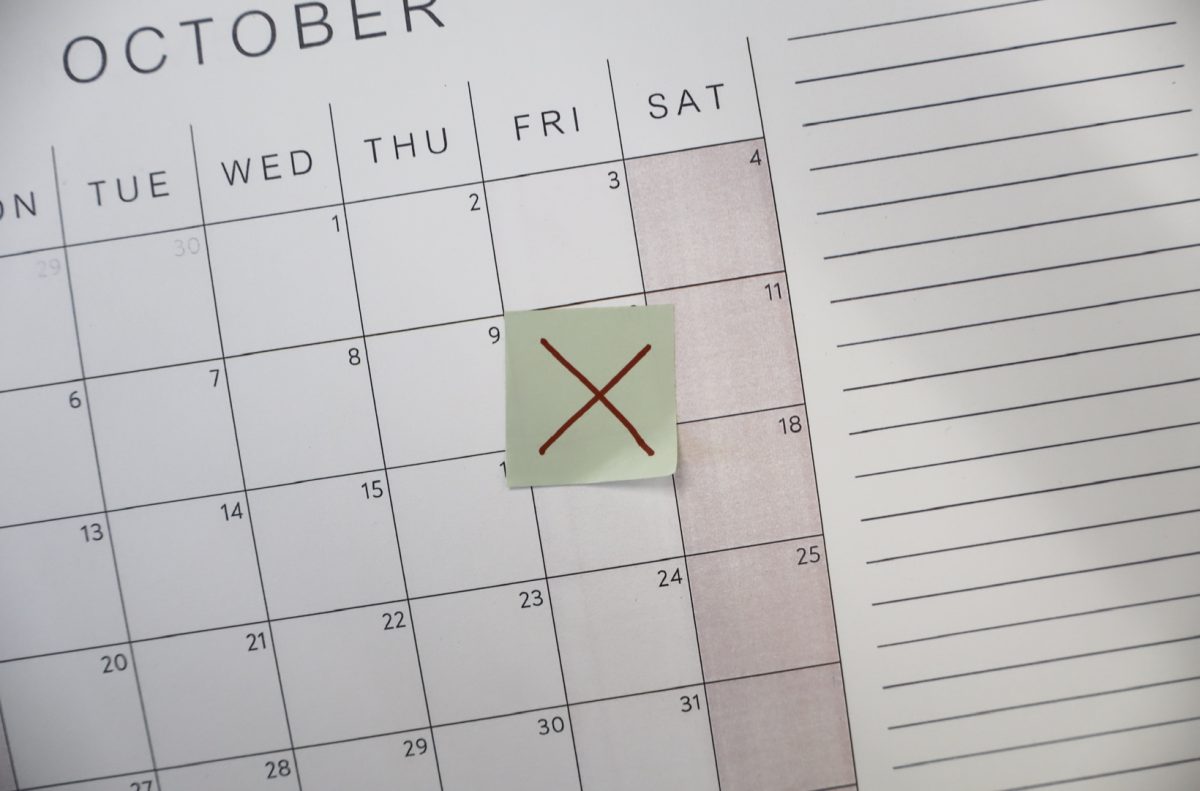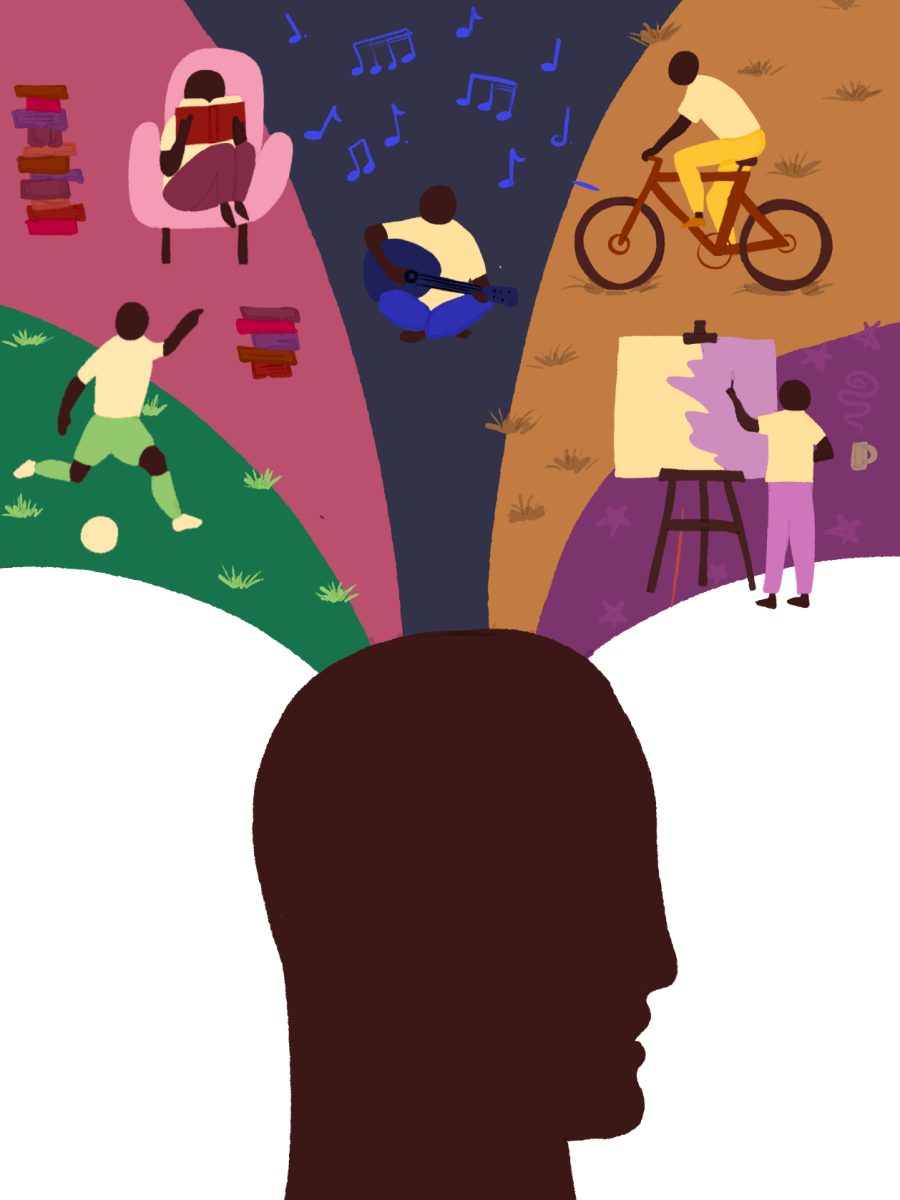I wake up to the noise of coffee grinding downstairs in the kitchen. The aroma of coffee wafts in the air as the smell creeps upstairs into my bedroom. As I shake off my groggy state and begin to get out of bed, I come to the realization that I have heard this loud noise every morning for the past year. Out of the blue, my curiosity questions my dad, “How much does this cost you for a year?” After asking my father how much money our family spends on coffee per day, I began to wonder whether the fragrant and rich nectar is truly worth six to seven dollars daily. When I get to school, I notice my classmates sleepily make their way onto the grass, each with a cup of coffee. As a fervent coffee hater, once again, I cannot understand why teenagers my age are drinking a stimulant that isn’t actually keeping them awake. After all my encounters with coffeeholics, I’ve concluded that teenagers who aren’t juniors or seniors shouldn’t drink coffee because of its negative health effects and cost.
Out of all the voracious coffee drinkers I’ve questioned, they all use the same excuse for their habits: they need an energy boost after strenuous hours of homework and limited sleep. However, drinking so much caffeine to gain energy is entirely unnecessary, as simple habits like staying hydrated or eating a good breakfast can give people just the same amount of energy. Scientists at UC Berkeley conducted a study with 833 students, giving each of them different breakfasts daily and wristwatches to track their daily activity and sleep data. The students were also asked to keep track of their daily food intake. After analyzing the data, the scientists discovered that to have alertness and energy throughout the day, students should have “substantial exercise the previous day, sleeping longer and later into the morning, and eating a breakfast high in complex carbohydrates, with limited sugar.” This study explains how scientists noticed that when students consumed healthy breakfasts and exercised, they recharged every day and had good energy.
Senior Sophia Yao told me that her New Year’s resolution for 2024 was to eliminate all caffeine intake, as she was previously averaging two coffees and a can of Celsius daily. The National Library of Medicine states that freshmen and sophomores in high school should have “a daily caffeine intake below the current suggested maximum acceptable levels for adolescents (2.5 mg/kg body weight/day or 100–175 mg/day with bodyweight 40–70 kg).”
“I became too dependent on [caffeine] and could not get energized on my own, which is bad for my body,” Yao said. Throughout 2024, she says that being able to sleep a lot more alone has been beneficial to her.
In addition to being unhealthy, coffee is also costly, as prices can reach up to five to seven dollars just for a cup. Take a venti-size latte from Starbucks, for example, which runs a person for about $4.15, not including tax or shipping, if delivered. If someone drinks this daily every morning, this could amount to $1514.75 a year. In addition, coffee machines, such as Nespresso or Keurig, have machines with prices ranging between $169-219. Along with these machines, drinking coffee requires pods ranging from 80 to 95 cents per pod. This can truly affect the finances of a household if so much money is spent yearly on a cup of brew.
Instead, every day, I make sure to get a good breakfast before school so that I am energized for my classes. On weekends, I sleep in to recharge my social battery for the week ahead. Seasonally, I make sure to sign up for school sports to make sure I get my exercise in. It has been showing every day, as after basketball or baseball practice and a nice shower, I feel ready to take down my homework until dinnertime. In the future, I would only decide to drink coffee if I truly needed it for a special occasion, such as a study session late at night or driving for a long road trip with the family. In the end, it’s only the fragrance of coffee beans that I smell in the morning that I truly enjoy.
So before spending seven dollars for an unhealthy drink just to feel groggy in the afternoon anyway, consider whether it’s genuinely beneficial to persist in a cycle dependent on stimulants or whether to live a natural and healthy lifestyle.





